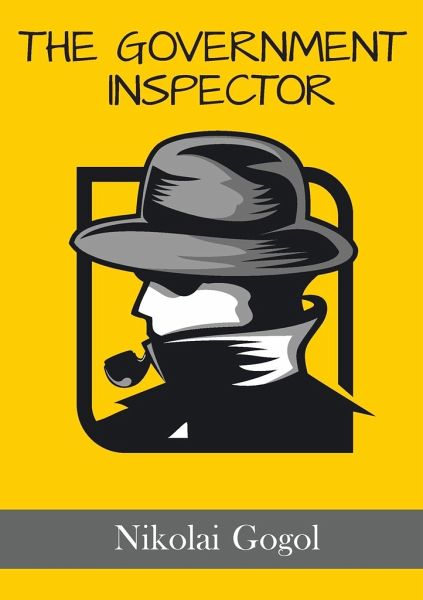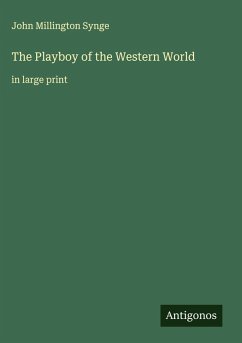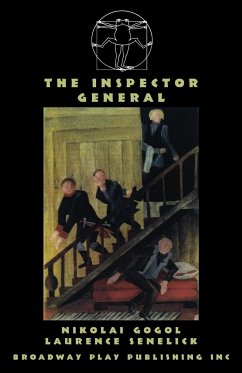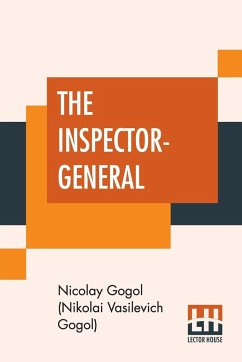
The Government Inspector
The Inspector General : A satirical play by the Russian and Ukrainian dramatist Nikolai Gogol
Versandkostenfrei!
Versandfertig in 1-2 Wochen
16,99 €
inkl. MwSt.
Weitere Ausgaben:

PAYBACK Punkte
8 °P sammeln!
The corrupt officials of a small Russian town, headed by the Mayor, react with terror to the news that an incognito inspector (the revizor) will soon be arriving in their town to investigate them. The flurry of activity to cover up their considerable misdeeds is interrupted by the report that a suspicious person has arrived two weeks previously from Saint Petersburg and is staying at the inn. That person, however, is not an inspector it is Khlestakov, a foppish civil servant with a wild imagination. Having learned that Khlestakov has been charging his considerable hotel bill to the Crown, the ...
The corrupt officials of a small Russian town, headed by the Mayor, react with terror to the news that an incognito inspector (the revizor) will soon be arriving in their town to investigate them. The flurry of activity to cover up their considerable misdeeds is interrupted by the report that a suspicious person has arrived two weeks previously from Saint Petersburg and is staying at the inn. That person, however, is not an inspector it is Khlestakov, a foppish civil servant with a wild imagination. Having learned that Khlestakov has been charging his considerable hotel bill to the Crown, the Mayor and his crooked cronies are immediately certain that this upper class twit is the dreaded inspector. For quite some time, however, Khlestakov does not even realize that he has been mistaken for someone else. Meanwhile, he enjoys the officials' terrified deference and moves in as a guest in the Mayor's house. He also demands and receives massive "loans" from the Mayor and all of his associates. He also flirts outrageously with the Mayor's wife and daughter.The Government Inspector, also known as The Inspector General (Russian: ¿¿¿¿¿¿¿, Revizor, literally: "Inspector"), is a satirical play by the Russian and Ukrainian dramatist and novelist Nikolai Gogol. Originally published in 1836, the play was revised for an 1842 edition. Based upon an anecdote allegedly recounted to Gogol by Pushkin, the play is a comedy of errors, satirizing human greed, stupidity, and the extensive political corruption of Imperial Russia.According to D. S. Mirsky, the play "is not only supreme in character and dialogue - it is one of the few Russian plays constructed with unerring art from beginning to end. The great originality of its plan consisted in the absence of all love interest and of sympathetic characters. The latter feature was deeply resented by Gogol's enemies, and as a satire the play gained immensely from it. There is not a wrong word or intonation from beginning to end, and the comic tension is of a quality that even Gogol did not always have at his beck and call."The dream-like scenes of the play, often mirroring each other, whirl in the endless vertigo of self-deception around the main character, Khlestakov, who personifies irresponsibility, light-mindedness, absence of measure. "He is full of meaningless movement and meaningless fermentation incarnate, on a foundation of placidly ambitious inferiority" (D.S. Mirsky). The publication of the play led to a great outcry in the reactionary press. It took the personal intervention of Tsar Nicholas I to have the play staged, with Mikhail Shchepkin taking the role of the Mayor.











![The Inspector-General [DELUXE HARDCOVER EDITION] Cover The Inspector-General [DELUXE HARDCOVER EDITION]](https://bilder.buecher.de/produkte/74/74902/74902669n.jpg)


